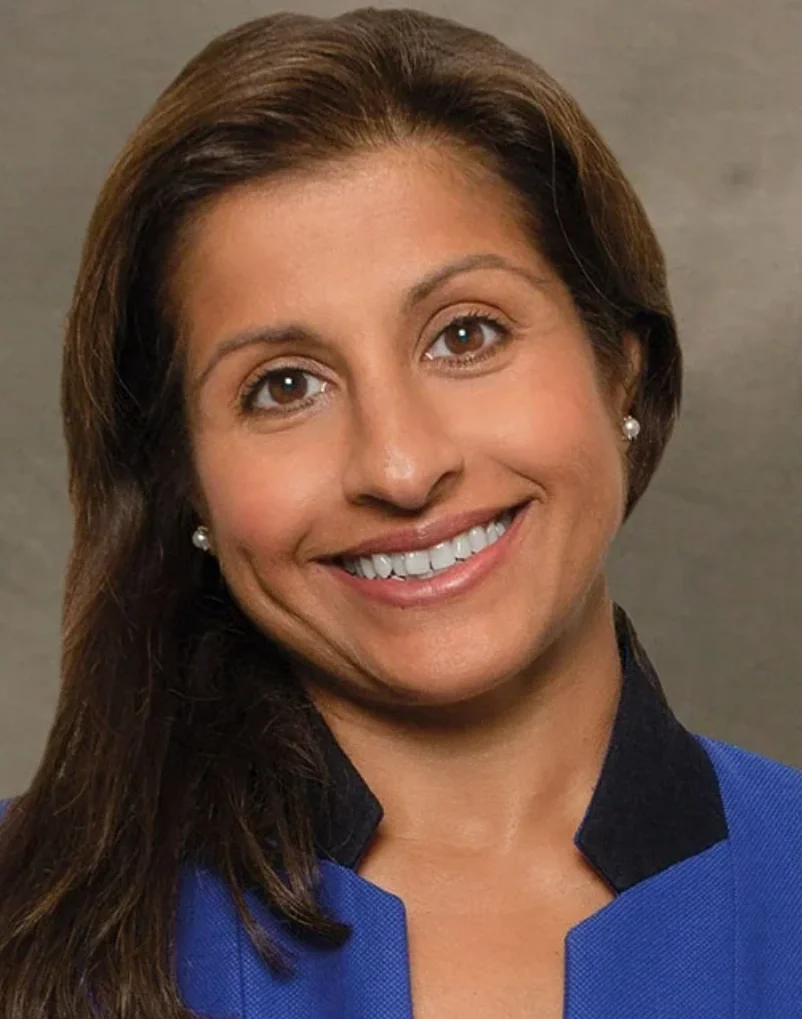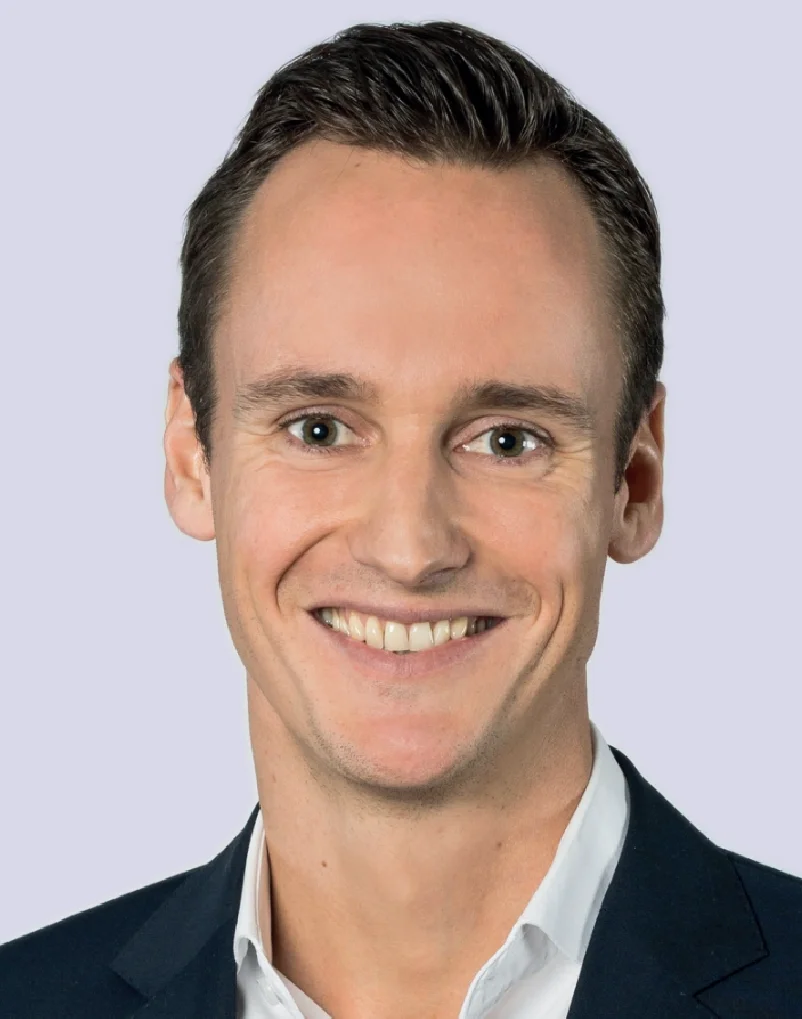
Private markets took a tumble in 2023, with high interest rates globally leading many industry players to take a step back from deal-making activity. According to Bain’s newly-released Global Private Equity Report 2024, the value of all deals globally fell by 37 per cent, from $699 billion to $438 billion.
At the same time, as many private equity funds have continued to accumulate ‘dry powder’ through putting off fresh investments, the number of ‘un-exited assets’ held by funds globally hit a record high in 2023, at $3.2 trillion, according to Bain and Preqin. This stockpile of unsold company assets held by PE funds has more than tripled since 2016, when the value hovered at around $1 trillion.
Yet, in spite of what the influential Bain report has called a ‘stalled’ market, there are signs of optimism for 2024.
Christian Wicklein, head of private wealth for EMEA and APAC at Partners Group, tells Spear’s that while dry powder levels across the industry ‘remain high’, his firm remains ‘positive on the industry’s outlook.’ He explains that against the backdrop of a peak in interest rates and more ‘easily available’ debt financing, ‘there could be a normalisation in transactions this year, particularly if more sellers are drawn to the negotiating table. These improved conditions could result in more investors starting to look at private markets again.’
He adds that ‘some of the best fund vintages in private markets can be found during and immediately after a period of tougher macroeconomic conditions’.
Others in the alternatives space are also optimistic. Fabio Osta, who heads up Blackrock’s Alternatives Specialists Team in EMEA Wealth, tells Spear’s that his firm is ‘laser-focused on the opportunity to bring private markets to the professional – but also non-professional segment – of the wealth market’.
Hugh MacArthur, the chair of Bain’s Global Private Equity Practice, adds: ‘Record dry powder is stacked and ready for deployment. Nearly half of all global buyout companies have been held for at least four years. In short, the conditions appear to be shifting in favour of hitting the “go” button.’
As well as nascent signs of healthier activity in PE markets, interest from private investors continues to rise. A number of trends and forces have paved the way for a flurry of UHNW investors to enter the market – with more flexible investment vehicles, a focus on thematic investing, and high-quality investor education allowing private bankers and wealth managers to invest in alternatives with confidence.
[See also: Why high interest rates are giving UHNWs ‘more choices’ for investment in 2024]
Factor one: The rise of open-ended funds
In spite of the tremendous growth opportunities offered by privately-held companies, private investors still make up only around 15-16 per cent of all global asset allocations towards alternative assets, according to Bain. ‘Most individual investors are only investing in public equity markets, or fixed income,’ says Rashmi Madan, who serves as the EMEA head of Blackstone’s Private Wealth Solutions group.

Institutions have typically been the dominant players in PE investing – with traditional ‘closed-end funds’ requiring high initial investments, capital calls and lengthy periods of illiquidity, rendering them inaccessible to the majority of UHNWs. Yet the advent of ‘open-ended funds’, offered by institutions including Partners Group and Blackstone, allow more flexibility.
Previously, UHNWs could invest in ‘feeder funds’ – although these were ‘expensive for private banks to structure and maintain,’ says Madan. ‘Typically, only large private banks had the infrastructure and demand to service the “drawdown” vehicles which were difficult to administer due to capital calls.’ But now, she adds that new open-end funds ‘eliminate this hurdle by being fully invested from day one,’ Madan says.
Also known as an ‘evergreen strategy’, open-ended funds allow private investors to stay invested in businesses over the long haul, rather than receiving distributions from PE ventures that they would need to reinvest – as is the norm with closed-end funds.
‘Blackstone has created evergreen funds which differ from the typical closed-ended institutional fund. These products better suit the needs of private wealth individuals,’ explains Madan. ‘We distribute these open-ended, fully funded vehicles through wealth managers across the US and internationally. There’s typically a soft-lock period of 1-2 years that requires a fee for redemptions, [and] after that liquidity is capped on a quarterly basis.’
For Wicklein, a good manager can provide access to both ‘best-in-class investment content’ – that is, access to PE assets which are ripe for growth and value creation – but a ‘proven ability to manage liquidity within a portfolio’ is just as important. ‘You’ll never see us going to clients and calling this “liquid private equity”. It’s a nice feature, but it shouldn’t be the main reason for you to buy a fund. We have great features and benefits, but there are some restrictions, and people need to know that.’
[See also: Should UHNW investors enter private equity markets?]
Factor two: ELTIFs are giving private equity investors more options
Osta tells Spear’s that European Long-term Investment Funds (or ‘ELTIFs’), a new type of investment structure created out of European Union regulations introduced in 2015, are also set to increase in popularity for private investors.
According to Schroders, the birth of ELTIFs allowed for ‘sophisticated retail investors to access private asset investments, such as infrastructure projects and unlisted small and medium-sized companies which are often family-owned.’
‘If you look at just ELTIFs, we think that the current market is in the region of EUR 10 billion,’ Osta says. ‘But this is going to grow to EUR 100 billion in the next few years, and regulation is evolving very fast. Soon, we’ll be able to effectively offer evergreen strategies as part of the ELTIF and LTAF [long-term asset funds] wrapper, and we think that is going to be a game-changer in the way clients are allocating to private markets.’
Updated rules from the EU, termed ‘ELTIF 2.0’, which entered into force on 10 January earlier this year, will further diversify the appeal of ELTIFs. Schroders says the regulatory refresh has allowed for a greater number of eligible assets, including FinTech and green bonds, as well as allowing ‘more flexibility in asset allocation and structuring options.’
Osta adds: ‘We think ELTIF is the way to go. I think at BlackRock we’ve built a really nice first-mover advantage, and with ELTIF 2.0, we will create the scale.’

[See also: Why the time is now to invest in central London’s larger UHNW newbuilds]
Factor three: The importance of ‘megatrends’ in private equity
Some of the world’s largest asset managers have identified ‘megatrends’, which can serve as a north star for alternative investment decisions. These overarching themes include the increasing dominance of AI technologies (which Blackrock calls the ‘megatrend of megatrends’), demographic divergence and the energy transition.
Osta notes that among the megatrends, ‘maybe the biggest one could be related to the low-carbon transition, and how best to play that’. He adds: ‘We think that one of the most exciting sectors today is infrastructure, when it comes to private markets.’
To capture these investment megaforces, Osta says asset managers need access to a wide spectrum of investment opportunities. ‘I think that we are in a market where it’s all about sourcing. Just last year, we saw just under 10,000 deals in private markets.’ Of these, he says the firm makes investments in just a fraction – around 2-3 per cent – of what he calls ‘carefully’ selected ‘idiosyncratic opportunities’.
Mega-trends have also given rhyme and reason to Blackstone’s investment approach. While Madan says the ‘energy transition’ is a ‘important theme’, the organisation’s focus on film and television investments has captured a significant amount of press attention in recent years.
In 2021, it scooped up a majority stake in Reese Witherspoon’s production company, Hello Sunshine, for around $900 million. But it has also broadened its exposure to content creation through building production facilities – including signing a deal to create Sunset Pier 94 Studios, Manhattan’s first-ever purpose-built film and TV studios, in August 2023. It is set for completion by the end of 2025.
‘In our equity portfolios, we might express that theme by investing in production companies or investing in music royalties,’ Madan says.
The aim, she says, is to ‘identify key themes and megatrends, and determine how to gain exposure across different asset classes.’ While Blackstone may look to invest in AI-focused companies in its equity portfolios, Madan says these investments could be complemented by real estate investments in data centres. Blackstone grew its AI-related holdings through the $10 billion acuqisition of data-centre provider QTS in 2021.
‘The way that we invest is to look at these megatrends and see how we can apply it in each of our business units,’ she says.
[See also: Family offices are allocating more to alternatives and private equity, 2024 report finds]
Factor four: Better educated investors
There has been a ‘massive shift’ in the mindset of the wealth space, according to Osta. ‘Selling products worked really well in the past decade. But that’s not going to work in the next ten years. What clients are looking for is an approach which is slightly more holistic,’ Osta adds.
Now, clients are eager to look at how investments in private markets sit ‘in the context of the whole portfolio’, rather than ‘just investing in a single product or asset class’.
This requires investors to become better educated around private assets. ‘Away from the product, it’s also about the client experience,’ Osta says. ‘We have our Alternatives Academy, which helps on the journey to providing access for clients, as we really feel education is key’.
He adds that Blackrock provides on the ground education for private bankers to understand the products it offers – educational sessions which come in all European languages.
‘Candidly, we educate ourselves as well. It’s a fast-moving market,’ he adds. ‘So when we say you’ve got to be a student of the market, that applies to us first. And we take a very humble approach to that.’
Madan says her firm’s Blackstone University has played a key role in educating the investor base since its 2011 launch. The online programme explains ‘key metrics’ the organisation focuses on and how it chooses investment themes. ‘Individual investors need education for how these investments are additive to their investment portfolios,’ she says. ‘We will work with relationship managers to educate them and their end-clients on the asset classes in which we invest.’
[See also: UHNWs are giving away more of their funds to philanthropic causes than ever before]
Factor five: Finding ‘operational value’ in businesses

As well as better educated investors expecting greater insights into how their PE investments contribute to their wider portfolios, the business model underpinning success in private equity has fundamentally changed.
‘The typical return drivers that managers relied on in the boom era following the Great Financial Crisis and through COVID, namely rising valuation multiples and cheap debt, are no longer available in the current market,’ Wicklein says. ‘This means managers must use operational value creation as the lever through which to drive returns.’
For Wicklein, a key part of the success of Partners Group has been to find companies which can consistently generate outsized market value. ‘We’re looking for companies that we can help achieve 15 per cent earnings growth year on year,’ he explains.
Madan says that in the future, private equity firms and asset managers will drive value in their investments through ‘transforming businesses’ – by looking for companies which will generate returns even in difficult economic periods.
She points to Clarus – a biotechnology business purchased by Blackstone in 2018. ‘What they do is they invest in the third-stage trials of drug development. They have a wonderful track record of identifying new drugs,’ she says. ‘Life science investments are typically not correlated to the equity market.’
As well as looking for innovative companies across a range of sectors, Madan says that ‘there’s quite a lot of alpha that we can generate just in how we operate a business, for instance in “right-sizing” their debt structure.’
Wicklein says value-creation strategies can often create dramatic results for businesses in just a few short years. He points to the success of Blue River PetCare, a US-based operator of veterinary hospitals, which Partners Group has helped to more than double its revenues over the past five years. ‘We have been working with the management team to implement a three-pronged value creation strategy aimed at gaining scale via targeted acquisitions, creating new organic growth drivers, and becoming a talent magnet,’ he says. ‘Since 2019, the platform has grown from 90 to 182 hospitals with more than 500 veterinarians in 35 states.’







